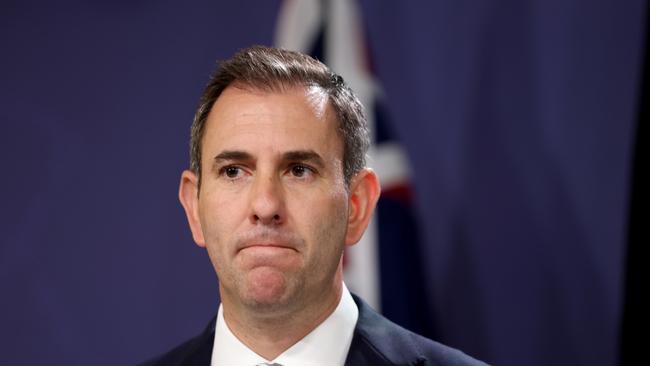Editor’s view: Energy plan must help consumers
s the debate between the states and commonwealth over coal price caps rages it is important not to get lost in the jargon and remember what this is about, writes The Editor.
Opinion
Don't miss out on the headlines from Opinion. Followed categories will be added to My News.
As the debate between the states and commonwealth over coal price caps rages it is important not to get lost in the jargon and remember what this is about – relief from soaring power prices.
More importantly, it is vital that our political leaders don’t lose sight of that as they get caught up in a sideshow over who pays.
Right now, families are doing it tough as inflation soars, driving up the cost of groceries while petrol prices remain high.
Interest rates continue to rise every month, making mortgage repayments all the harder.
On top of all this, Russia’s invasion of Ukraine has sent coal and gas prices into the stratosphere and the flow-on effect is being felt in soaring electricity bills.
An Australian Competition and Consumer Commission report released on Thursday revealed the power bill of a typical household had already increased by $300 a year – or 23 per cent – and more pain was on the way.
This was in line with forecasts in the October federal budget that warned power prices were likely to rise by as much as 56 per cent over two years.

That was why the Albanese government pledged to develop a solution before Christmas, to head off what would be another devastating blow to family budgets.
Treasurer Jim Chalmers outlined early on that three options could be used to tackle power price pain; taxes, cash payments and regulation.
He wisely ruled out direct cash payments or rebates to consumers, knowing this would add to already rampant inflation and make things worse in the long run.
A windfall profits tax was also knocked on the head, as it would have little direct impact and lead to a worsening of the commonwealth’s relationship with the business sector, which is already strained after the industrial relations debate.
The regulation the government has chosen to move ahead with is a cap on coal and gas domestic prices.
The price of coal and gas add to the costs of power generators, which then in turn increases wholesale electricity costs, which are ultimately passed on to consumers.
Queensland, unlike the other states, owns its power generators.
They also have long-term contracts with coal suppliers which means those generators are paying around $80-120 per tonne for their coal, well under the $400 per tonne plus being paid on the international market.
Despite this, other generators without contracts locked in are paying top dollar for their coal, which puts up their costs and forces them to bid into the national electricity market at higher prices.
This means Queensland’s state-owned generators are able to bid into the energy market at those higher prices while paying substantially less for coal, making much more money in the process.
Queensland continues to argue that these higher prices are returned to consumers through rebates or by investing in more renewables. The circular logic suggests electricity prices need to be higher so rebates can be offered to bring down prices.
A battle will be fought over compensation for any loss in revenue faced if a coal price cap is enforced. But the premiers and the PM should first focus on how to get prices down for households.




